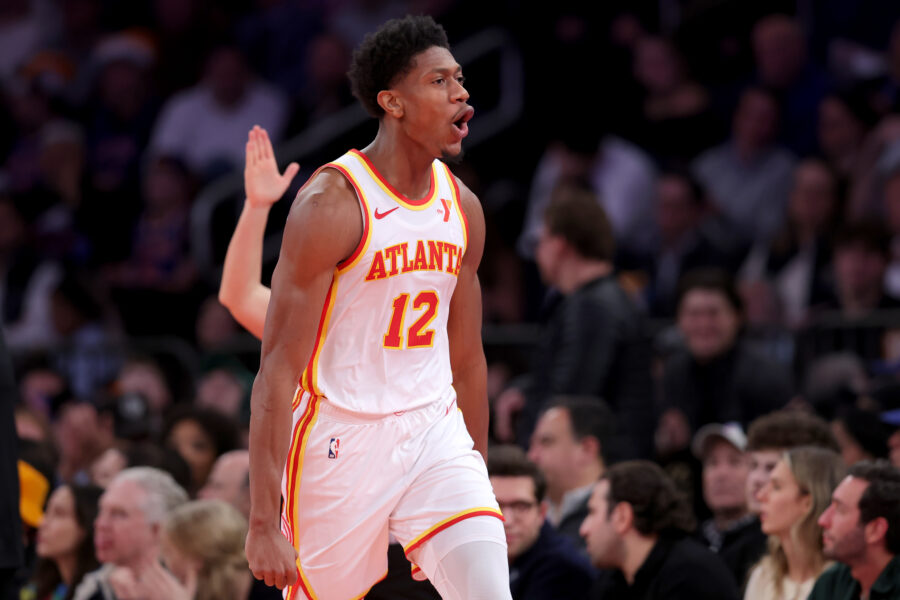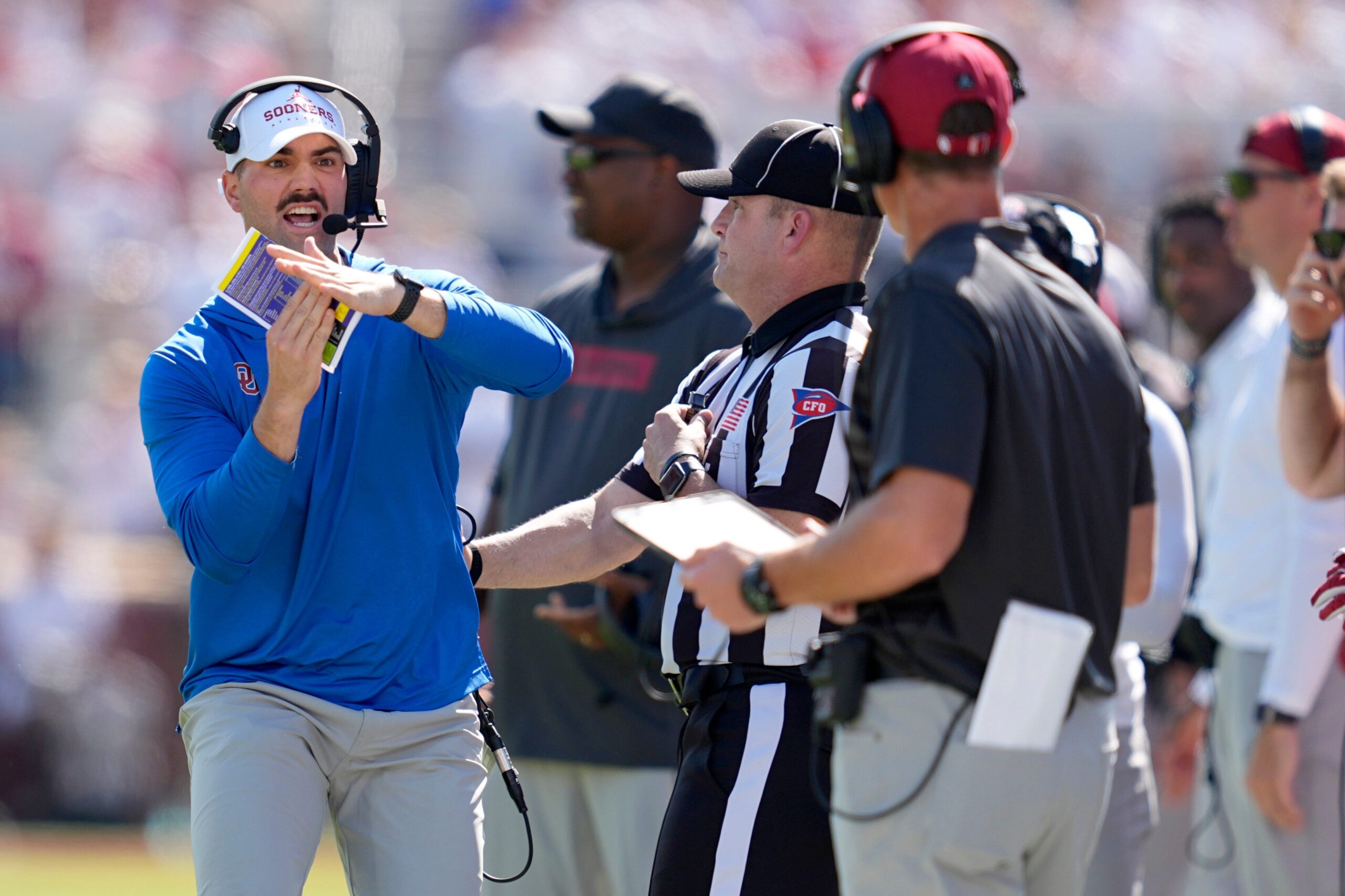Remember, remember, the 5th of November. To most of us, this rhyme evokes visions of fireworks, bonfires and family fun. But it has been seared on my memory for an entirely different reason.
It was on that day that I was diagnosed with a brain tumour, as I sat in a dim ward in Maidstone Hospital in Kent.
It was an attack of vomiting that came without warning that prompted my trip to A&E, but the signs that something was wrong had been building over months.
I had needed a wee increasingly often, to the extent that I was using the bathroom twice an hour in the day, and three or four times a night.
And I didn’t know it then, but the tumour was also why, although I was 17, I had stopped growing at least two years earlier. Thin and fawn-like, with weirdly long legs and big feet but a totally undeveloped upper body, I looked more like a 14-year-old.
It was also why I had been having what I felt to be the worst headaches ever.
Harry Howard recovering at King’s College Hospital in November 2011, shortly after his second brain operation within days
But as I waited to be seen, lying across several seats in the A&E waiting room and with my head resting on my mum’s lap, I had no idea how my life was about to change.
Not just the brain surgery, radiotherapy and chemotherapy I would endure, but that the impact of my cancer and its treatment would be life-long.
My treatment saved my life, but its consequences and those of the tumour itself meant I swapped one condition for another – one which I am still living with, 13 years later.
And cancer leads to changes beyond the physical. It is a life-changing trauma – and one I shared with my mum.
As she waited with me in A&E, I had no idea that she had her own medical appointment booked. A few weeks later, on the same day I started chemotherapy, Mum was told she had breast cancer. It was an astonishing, cruel coincidence that shocked even the doctors. But it allowed us to support each other too.
Knowing that Mum was ill too helped put my situation into perspective and kept any thoughts of self-pity in check. My mood could easily have spiralled, given that the cancer hit just as my peers were close to leaving school.
Harry’s mum, who went through her own treatment for breast cancer at the same time. She is now cancer-free too
It was after I started my final year of A-levels in 2011, that as well as my urinary symptoms I started experiencing increasingly severe tiredness and lethargy.
My schoolwork became ten times harder. Seeing friends after school or at weekends became more and more of a challenge.
Then came the crushingly painful headaches. I had what is known as a pineal germinoma. Over the course of my life, a cluster of germ cells – those that ordinarily develop into reproductive cells in the testicles – had grown near my pineal gland, which sits in the middle of the brain and secretes the ‘sleep hormone’ melatonin.
As the tumour grew, it started to have an impact on my pituitary gland – and my development, as the gland produces hormones that control growth – as well as the thyroid and the kidneys’ production of urine, which explains why I was needing to wee more.
Initially the GP was dismayingly unconcerned. At one point he asked if I was eating too many bags of crisps, because the levels of sodium – or salt – in my blood were so high, although this was actually due to severe dehydration brought about by all that weeing.
Mum and I resorted to Google and went back to him with the name of a condition usually caused by a brain tumour that presents with constant weeing: it’s called diabetes insipidus.
Harry walking in the North Downs in Kent. His cancer treatment left him with a lifelong reliance on medications to keep his body strong and healthy
He sat back in his chair and said that in 30 years of practice he had never seen a case.
Finally, around six weeks after my first visit, he referred me to an endocrinologist. But I would find myself in A&E on Bonfire Night before I could make that appointment.
The doctors there sent me for a CT scan and it was this that revealed I had a brain tumour.
The giveaway was the nurse with the box of tissues who followed the doctor to my bedside as they came to break the news.
Both Mum and I were in tears, but I don’t think then I could fully absorb the implications of what I was being told.
They needed to do an MRI scan to get a clearer picture, so I was taken to King’s College Hospital in London that night in an ambulance. I felt a childish sense of excitement at the honour of getting a blue light.
Harry Howard on his 18th birthday with his dad John, mum Helen and brother Tom
At King’s I had two brain operations within days. One was to relieve the pressure inside my skull caused by the tumour blocking the usual flow of cerebrospinal fluid (CSF). As a result, the fluid had nowhere to go and the resulting pressure, known as hydrocephalus, was what had been causing my extreme headaches.
The second procedure was a biopsy – getting a sample of the tumour to determine what kind it was.
A fortnight later I was starting my treatment at the Royal Marsden in London.
Thankfully, it was less than an hour from home in Kent, and from where Dad lived (he and my mum had split when I was very young) in London.
As the countdown to my radiotherapy began, I developed blurred vision as the tumour started pressing on my optic nerve, so I needed chemotherapy to shrink it quickly to avoid the risk of having permanently impaired vision.
It was on the same day that I started chemotherapy that Mum was told she had breast cancer.
Harry on the day he graduated from his MA in journalism at the University of Kent
When my shell-shocked Dad told my brother and me the news a few weeks later, I remember burying my face into my brother’s shoulder and bursting into tears.
My brother, who faced the prospect of losing both Mum and me, never once complained about how the start of his 20s (his 20th birthday came nine days after my diagnosis) was dominated by our illnesses and recovery.
My treatment finished in late February 2012 and Mum was declared cancer-free just a few weeks before that.
But for both of us, it was not like a final curtain – cancer treatment is not like that.
My pituitary gland – which is at the base of the brain – should have been releasing hormones to fuel growth, my thyroid function, my kidneys’ production of urine and more besides. But the radiotherapy dealt a death blow to it and so I live with a lifelong condition called panhypopituitarism, which means it doesn’t release those hormones so I must take several different types of medication each day to replicate their effects.
They include hydrocortisone, which replaces cortisol, our ‘stress hormone’ which has a role in everything from the sleep-wake cycle and metabolism, to blood sugar levels and immune function. Without it, you can’t survive.
I also have to take desmopressin, an anti-diuretic medication that stops me needing a wee all the time. It means I have to watch how much liquid I drink.
So a pint of beer won’t lead to a quick trip to the pub bathroom. Quite the opposite – the fluid stays in my system for much longer, so, if I drink too much I can end up with dangerously low blood sodium levels (hyponatraemia) as the sodium is effectively diluted.
Symptoms of that include a severe headache, nausea, confusion – and in serious cases, seizures and even coma.
There have been other impacts, too.
I used to find it hard to explain what had happened to me to new friends, more because I felt awkward at how shocked they always were. My cancer also meant I didn’t start to look like a ‘real man’ until I was about 20, after a couple of years of taking growth hormone. So with that came an inevitable delay to my love life, as my levels of self-confidence caught up.
Thankfully, my history doesn’t seem to have put off romantic partners – except for one.
A couple of years ago, I arranged to go for a meal with a girl after we started talking on a dating app. I ended up telling her in passing that I had had cancer as a teenager, even though it’s not something I would usually reveal so early on.
A few days later she cancelled the meal because she was worried it might come back or that I could pass it on to any children we might have. If there was ever a case of putting the cart before the horse, that was it.
I am now a healthy 30-year-old six years into a career as a journalist at MailOnline. Yet even so, when I get an ailment that doesn’t have an immediately obvious cause I’m prone to thinking: has the cancer come back? Is my number finally up?
But although it may sound odd, I would not go back and change what happened, because I feel the experience has made me a stronger, more mature person.
Although for those who believe that the impact of cancer ends with the all-clear, that things just go back to how they were, millions of survivors will tell you otherwise.
I am not the person I was 13 years ago. I’ve been through something that totally changed my outlook on life, for the better. But there was a price, and I will be paying it forever.








